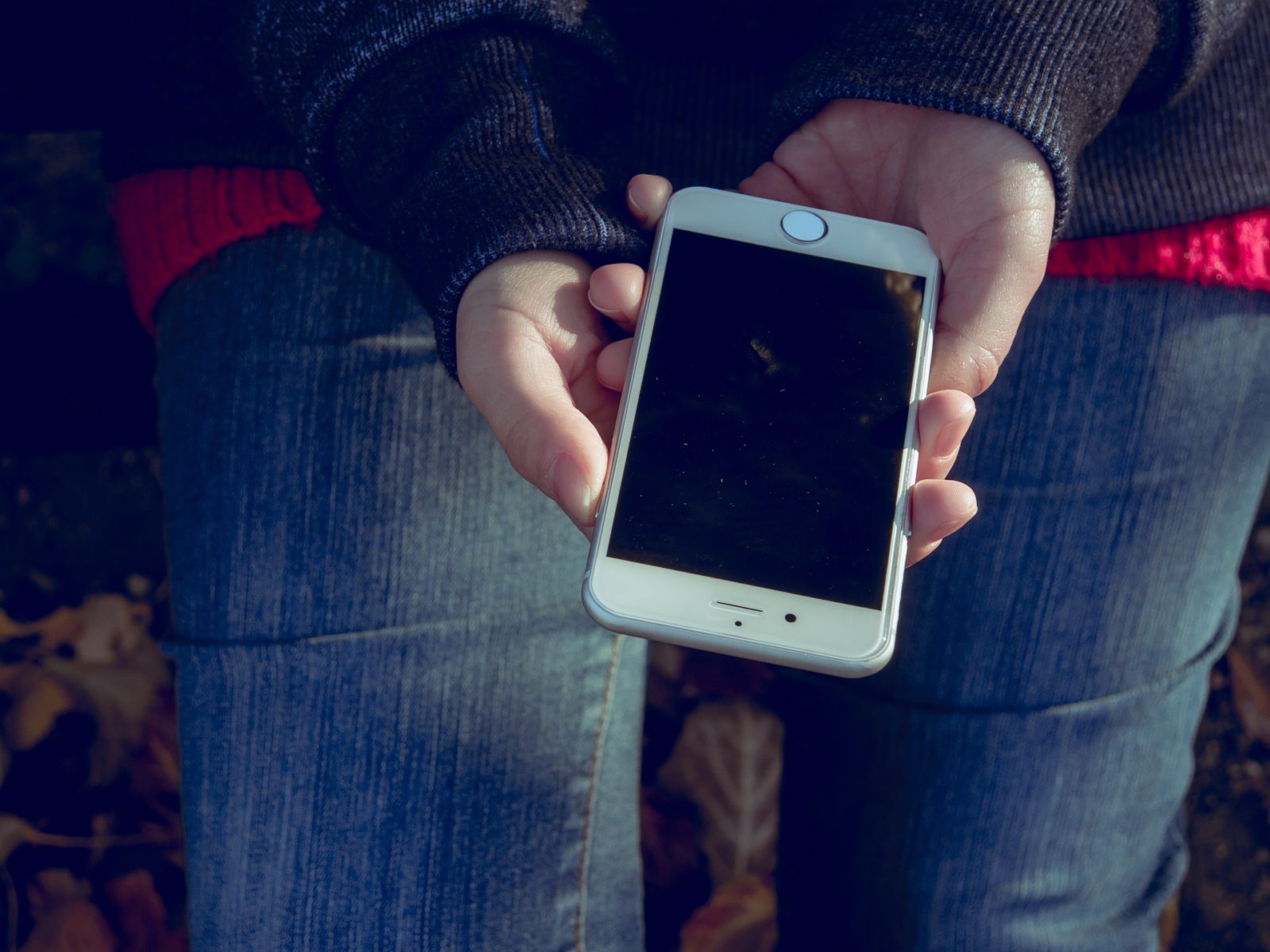Brain Science, Our Phones, and the Fight for Leisure
One of my big reasons for homeschooling is to keep my children as intrinsically motivated as possible in their learning, something I’ve personally struggled with over the years. Because of this, when I noticed The Self-Driven Child (affiliate link) mentioned (a few times!) in a blog I follow, and in my Amazon recommendations, it caught my attention. In the UK, it’s published as The Thriving Child (affiliate link). Fortunately for me, my library had it. One reservation and 75p later, and I’m really glad I have crossed paths with this read.
This book is right and the intersection of “Brain science” and child development and learning, some of my favorite topics. What I wasn’t expecting was some fresh insight into leisure within the first chapter (see my other post on this topic). The authors, William Stixrud and Ned Johnson, are summarizing the key parts of the brain that they will discuss in the book, and they wrap up the chapter by telling the reader about the default mode network, the way our brain works when it is resting and we’re not actively thinking about something:
When you’re sitting in the waiting room or unwinding after dinner, if you’re not reading, watching television, or on your phone, your default mode network is projecting the future and sorting out the past. It’s processing your life. It activates when we daydream, during certain kinds of meditation, and when we lie in bed before going to sleep. This is the system for self-reflection, and reflection about others, the area of the brain that is highly active when we are not focused on a task. It is the part of the brain that goes “off-line.”
When you finally stop doing, your default mode network kicks in. And it does some pretty powerful and important things.
A healthy default mode network is necessary for the human brain to rejuvenate, store information in more permanent locations, gain perspective, process complicated ideas, and be truly creative.
In other words, leisure has neurological value. We cannot properly take in what we learn if we don’t make room in our lives for contemplation. I think most of us know this intuitively: when we don’t take time to mull over our day, our reading, our ideas, our future, our past, we find ourselves caught up in the frenzy of life, ill at ease, stressed, and without peace. Schole, the Greek word for leisure, however, “is about slowing down. It’s about contemplation, leisure, reflection” (Dr. Christopher Perrin, ‘School as Schole’). It is within this space that our brains are able to relax into the default mode network.
We are literally hardwired to need schole.
Our Phones are Stealing our Leisure Time
The beauty of how our brains are designed amazes me, but, like most things that we are given, they require stewardship. The authors of The Thriving Child give a warning:
Scientists are concerned because of technology’s ubiquity, young people have too few opportunities to activate their default mode network, and, as a result, too few opportunities for self-reflection.
The list of things that distract us from contemplation is endless, but our phones (and other, similar technologies) present unique and perhaps unprecedented challenges.
This warning isn’t a surprise to me. I recently finished reading Tony Reinke’s 12 Ways Your Phone is Changing You (affiliate link), and am overwhelmingly convinced that this ubiquitous technology is impacting me, my family, and my culture on a profound level. Reinke argues in his book that our phones are driving us to distraction and dissatisfaction as we fill every nook and cranny of our lives with buzzing notifications and infinitely scrolling social media pages.
Consider for a moment: what is the first thing we do in the morning? Check the time…on our phones – and our email while we’re at it. Waiting to meet a friend? Pull our phones out, check our social media. Oh, there was that other thing we needed to look up. That article looks interesting. And that one, and that one, and that one…
I’m sure most of us can relate to going to bed feeling dull, listless, and agitated, because we spent the bulk of our day numbing our minds and souls through aimless usage of our phones, tablets, and laptops. I know I certainly have days like that.
Maybe we had a quiet time within that day, read a challenging book, or perhaps we just worked really hard raising kids, keeping the house together, maintaining a job or running our home school. But when technology fills every available space around these vital areas of our lives, consider what we are excluding: leisure. The very thing that allows us to remember that book later on so we can be changed by it, that helps us to feel empathetic towards our children and rejuvenated in our work, that actually lets us know that God is God.
We have to put down our phones. We need to recover the self-control necessary to let our brains drift into that default mode network. We must learn to value and love stillness, contemplation, and leisure more than the instant gratification and amusement we find in technology.

Technology is a Good Tool, but a Bad Master
Before I move on to share how this impacts me in daily life, I think it’s important to note that carving out time for leisure doesn’t mean giving up our phones or other technologies.
Instead, I think it’s a call to answer the question: who is the master, me or my phone? Our phones offer a lot of power – power that can overwhelm us if we aren’t careful, but that can just as easily be used to accomplish meaningful and effective work.
Consider this idea from John Piper’s foreword to 12 Ways Your Phone is Changing You:
“…if you rejoice in the glory of God because your sins are forgiven through Jesus, then your phone becomes a sort of friendly pack mule along the way to heaven. Mules are not kept for their good looks. They just get the job done.
“The job is not to impress anybody. The job is to make much of Christ and love people. That is why we were created. So don’t waste your life grooming your mule. Make him bear the weight of a thousand works of love. Make him tread the heights with you in the mountains of worship…Make him work. His Maker will be pleased.”
Are we making our phones work? Do we use them to steward our time and finances through calendars and budgeting apps? Do we use them to encourage others in the faith in the way we communicate through text, email, and social media? Do we use our phones (or not use our phones) in a way that makes it plain Who we serve?
Again, this isn’t a directive to give up technology, but a reminder that it is a tool to be wielded wisely.

Mastering Technology and Seeking Leisure
So if technology is pervading our lives, to the point that it floods out opportunities for leisure, what do we do? I have a few ideas that I am working on personally.
- We respond in humility to how we are created. We can apply our understanding of how our brains are wired, or we can ignore it. The first is the way of wisdom, recognizing that while we can’t just ‘hack’ our brains to please God, He’s written our need for rest deep into our design, and we prioritize leisure accordingly. The second is the way of pride, foolishly assuming that reading good books, studying the Bible, and sharing on Facebook without contemplation is enough to renew our minds in the way God intends.
- We set limits. We know our brains need time in the default mode network; therefore, we need to develop the discipline to put our phones – and other distractions – to the side, daily. Personally, my goal is to not check my phone in the morning until I’ve prayed through a set of Bible verses I keep next to my bed. I’m beginning to consider how to set better limits before bed as well, because that’s an important time for the default network mode to do it’s thing.
- We take the long view. When we take the long view, we realize that if we want to be changed people tomorrow, next week, next year, and beyond, we have to put down our phones and make time for leisure. Charlotte Mason (a British educational philosopher from the early 1900s, who is a huge personal inspiration) is clear that to educate a child is to facilitate him building relationships with life-giving ideas. When we encounter a living idea, the
idea ‘’strikes’ us. The eye brightens, the pulse quickens, the colour rises, the whole person becomes vitalised, capable, strenuous, no longer weighed down by this clog of flesh.(Charlotte Mason, School Education).
If we want our children to be life-long learners, we need to consider whether we are modelling life-long learning ourselves. First, do we take time to engage with vital, quickening ideas in the media we take in (especially books) and in the conversations we have? And second, do we allow ourselves the time we need to process these ideas, to ponder over them, and allow them to move into our long-term memories?
Growth isn’t easy, and during a long day with the kids, it’s easy to justify some frivolity on my phone, especially if I’ve ticked off the ‘quiet time’ box already. But the more I learn about leisure, brain science, and the way I’m made, the more I realize how much better it would be if, in those moments, I actually just did nothing.
Related Resources
These affiliate links lead to Amazon. If you make a purchase I may earn a small commission – at no cost to you! Here’s my full disclosure.













One Comment